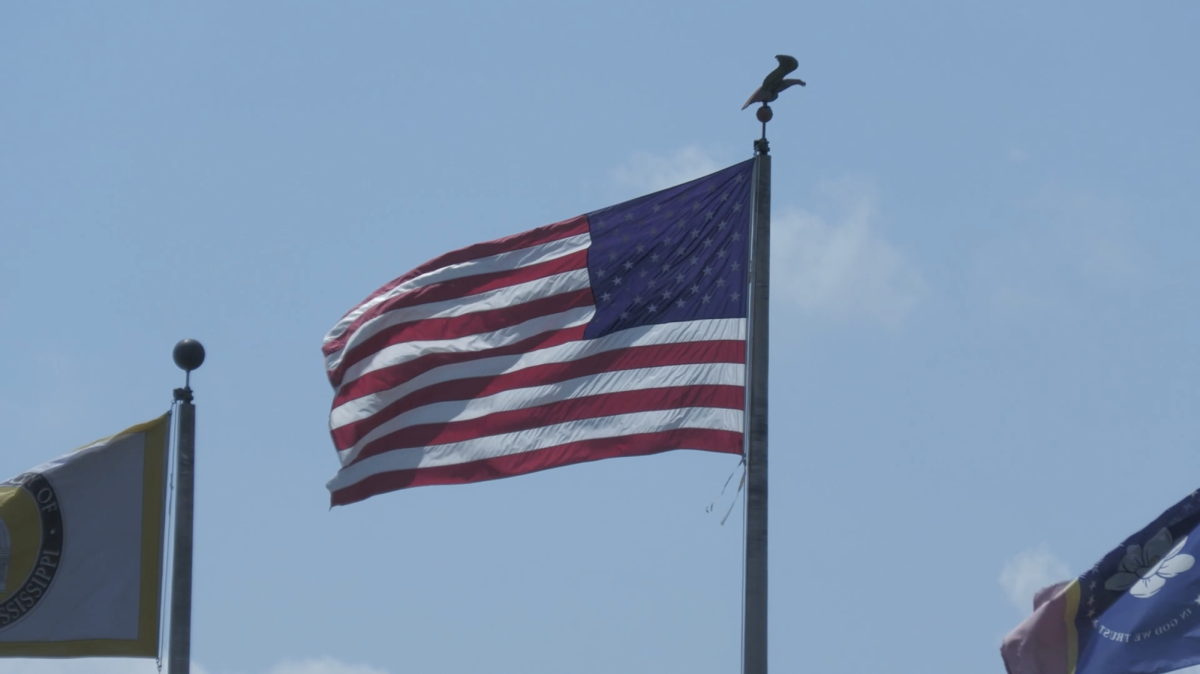Firearms can be both life savers and life takers, which is why the ongoing debate concerning campus-carry gun laws continues.
One in four college women are victims of rape or sexual abuse, according to One in Four, an organization devoted to combating rape. Three percent of men report surviving college rape.
Many people feel that guns are the answer to ending rape and other college campus attacks.
For years people have argued that campus-carry laws could prevent mass attacks such as the 2007 Virginia Tech shooting.
During a debate in a House subcommittee in January, Florida representative Dennis Baxley said, “If you’ve got a person that’s raped because you wouldn’t let them carry a firearm to defend themselves, I think you’re responsible.”
I completely disagree. The only person responsible for a rape is the rapist.
Rape Crisis Center of Medina and Summit Counties reports 82 percent of all sexual assaults are by a person whom the victim knows. Most people aren’t likely to suspect someone they trust to sexually assault them. If a gun were present it would be useless if the victims guard is down, which is likely when with a trusted family member, friend or mentor.
This world is much too violent to allow everyone to walk around with firearms.
As a campus desk assistant, I have witnessed multiple fights and have called UPD to break up fights within residence halls. Can you image what could happen if guns were present during these instances?
Think about the tension at a campus football game. There is also a lot of alcohol consumption on game day. Guns are the last thing needed in those situations.
Campus should be a safe haven. The idea of anyone having access to a gun scares me. There are a lot of haters in the world, and everyone doesn’t deserve the right to carry a firearm.
Campus-carry laws could also backfire with all of the drugs and alcohol consumed at the average campus frat party.
This year lawmakers in 10 states are pushing bills to permit campus-carry laws with hopes of this taking a step toward ending campus rapes.
John Foubert, an Oklahoma State University professor and national president of One in Four, said, “It reflects a misunderstanding of sexual assaults in general.”
“If you have a rape situation, usually it starts with some form of consensual behavior, and by the time it switches to nonconsensual, it would be nearly impossible to run for a gun,” Foubert said. “Maybe if it’s someone who has raped you before and is coming back, it theoretically could help them feel more secure.”
We are approaching the war against rape the wrong way.
Classes on avoiding sexual attacks and campus safety should be required instead of having to complete eight hours of labs.
Instead of enforcing gun carrying laws, we should educate ourselves about the statistics of rape and other sexual attacks.
We are more likely to solve the problem of campus rapes by becoming more educated and aware of them rather than adding onto the already violent problem with firearms.




























